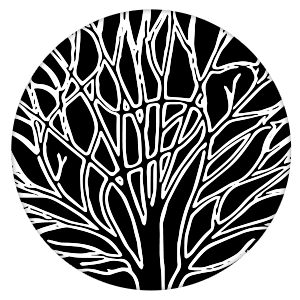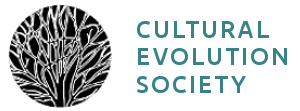Foundations of Cultural Evolution
Lecture 4: Does culture have its own dynamics?

Tables and transition matrices
In contrast to questions attending to the learning behaviors of individuals, there is another tradition in cultural evolution that focuses on the pathway of transmission. The pathways often of interest, called vertical, horizontal, and oblique transmission, mostly have direct genetic analogs: transmission from parents (vertical), peers (horizontal), and the parental generation (oblique).
References cited
Cavalli-Sforza, L. L., & Feldman, M. W. (1981). Cultural transmission and evolution : a quantitative approach. Princeton, N.J.: Princeton University Press.
McElreath, R., & Strimling, P. (2008). When Natural Selection Favors Imitation of Parents. Current Anthropology, 49(2), 307–316.
Additional readings about transmission pathways
Allen, J., Weinrich, M., Hoppitt, W., & Rendell, L. (2013). Network-based diffusion analysis reveals cultural transmission of lobtail feeding in humpback whales. Science, 340(6131), 485-488.
Hewlett, B. S., & Cavalli-Sforza, L. L. (1986). Cultural transmission among Aka pygmies. American Anthropologist, 88(4), 922-934.
Krützen, M., Mann, J., Heithaus, M. R., Connor, R. C., Bejder, L., & Sherwin, W. B. (2005). Cultural transmission of tool use in bottlenose dolphins. Proceedings of the National Academy of Sciences, 102(25), 8939-8943.
Reyes-García, V., Broesch, J., Calvet-Mir, L., Fuentes-Peláez, N., McDade, T. W., Parsa, S., ... & TAPS Bolivian Study Team. (2009). Cultural transmission of ethnobotanical knowledge and skills: an empirical analysis from an Amerindian society. Evolution and human behavior, 30(4), 274-285.
Tehrani, J. J., & Collard, M. (2009). On the relationship between interindividual cultural transmission and population-level cultural diversity: a case study of weaving in Iranian tribal populations. Evolution and Human Behavior, 30(4), 286-300.
This project was supported by Grant #61105 from the John Templeton Foundation to the University of Tennessee, Knoxville (PIs: S. Gavrilets and P. J. Richerson) with assistance from the Center for the Dynamics of Social Complexity and the National Institute for Mathematical and Biological Synthesis at the University of Tennessee, Knoxville.

The Cultural Evolution Society's Online Learning Tutorial Series is licensed under a Creative Commons Attribution-NonCommercial-ShareAlike 4.0 International License. For designers' contact information, click here.



